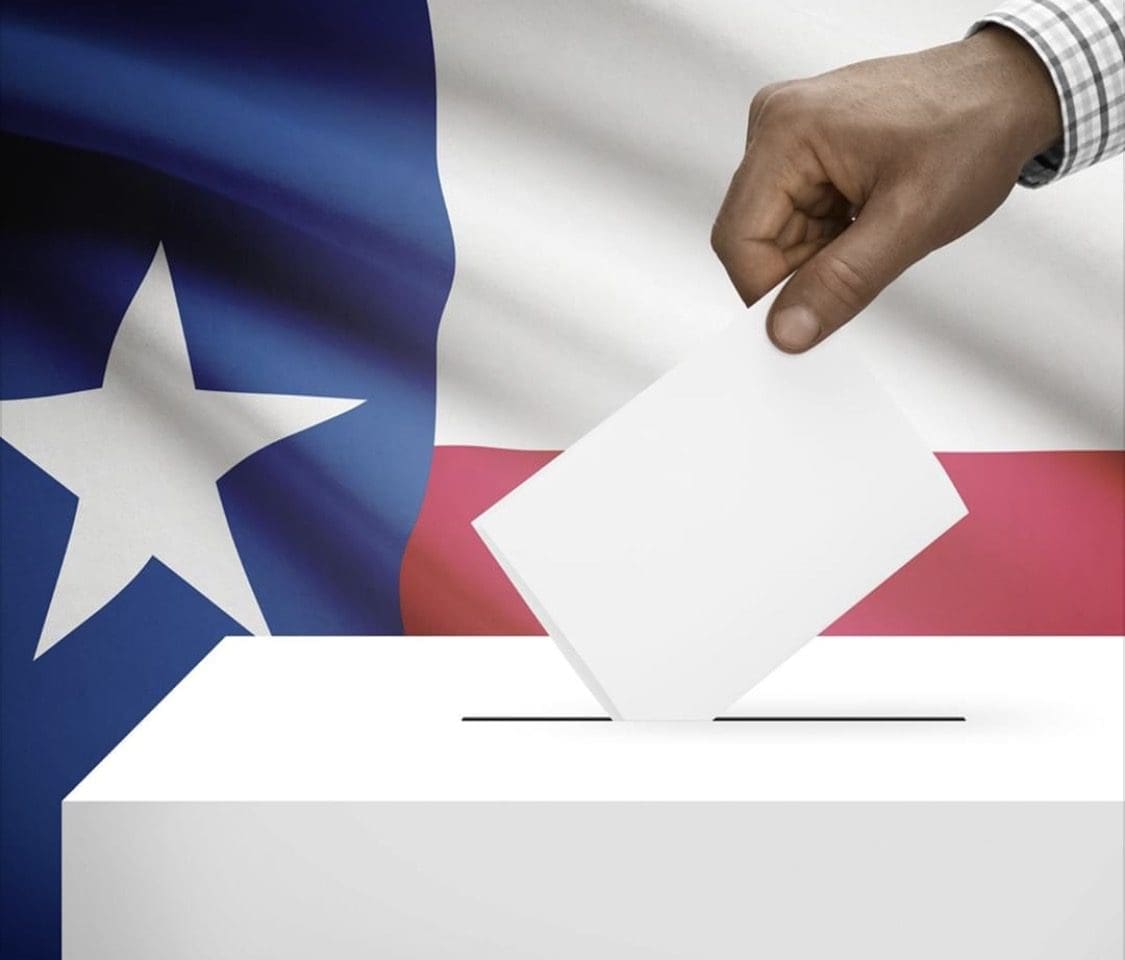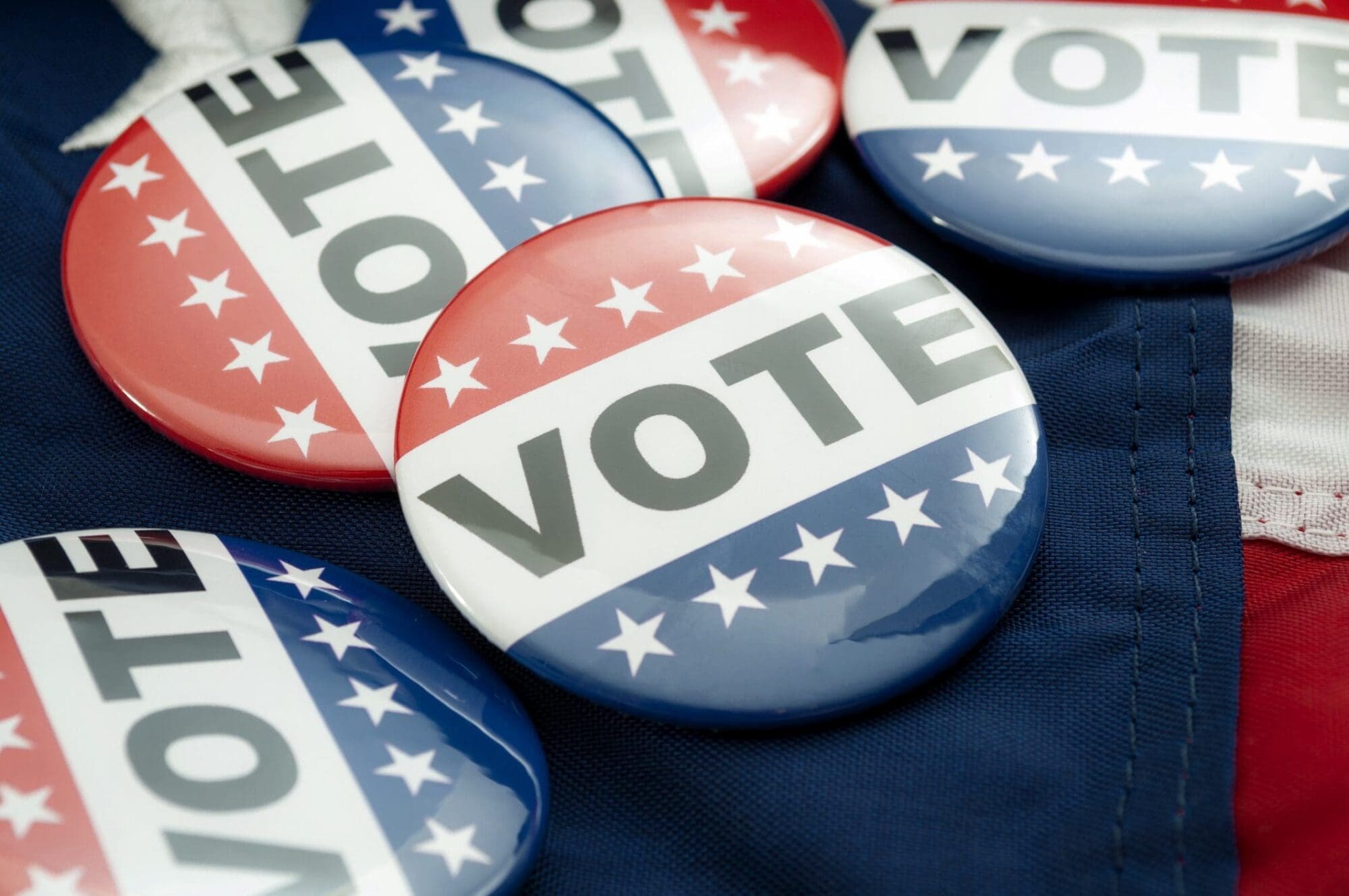A partisan showdown over major election integrity reform is brewing in the Texas Legislature, just days into a special session that began July 8.
On Sunday, following hours-long public hearings over the weekend, Republican lawmakers advanced comprehensive “omnibus” election integrity bills out of House and Senate committees.
But on Monday, Democrats appeared poised to flee the state in an effort to block a vote on the House version of the reform, which was expected to be taken up by the full chamber later this week.
House Bill 3 and Senate Bill 1 are similar to the comprehensive reform bills that Republicans failed to pass during the 140-day regular session that ended on May 31.
But the new omnibus bills are much more alike than the two chambers’ previous measures.
Both bills are loaded with reforms sought by election integrity advocates to make voting more secure, such as:
- ban paid vote harvesting;
- require voter ID for mail ballots, in line with in-person voting;
- set uniform early voting hours;
- protect poll watchers, including allowing observers to be “near enough to see and hear” election workers’ activities;
- strengthen the ban on unmanned mail-ballot drop boxes;
- prohibit unsolicited distribution of mail-ballot applications by public officials;
- set procedures for verifying mail ballots and allowing voters to correct defects;
- require voter assistants to complete a form and take an oath;
- prioritize certain election-related court proceedings; and
- limit officials’ ability to alter election laws enacted by the Legislature.
A handful of other key election reforms already passed during the regular session as standalone bills, including a ban on using outside cash (like “Zuck Bucks”) to fund election offices and requiring auditable paper-ballot backups and risk-limiting audits for voting machines.
SB 1 received a 14-hour public hearing in the Senate State Affairs Committee on Saturday, and it was passed out of the committee on Sunday by a party-line vote of 6-3.
HB 3, a revised version of the Election Integrity Protection Act of 2021 filed during the regular session, was referred to the newly appointed Select Committee on Constitutional Rights and Remedies. After an overnight public hearing that started Saturday and ended Sunday morning, committee members advanced the bill on another party-line vote.
In a statement Monday following up on earlier threats, House Democrats said they “left the state and broke quorum” to avoid a vote on HB 3, adding they were “taking the fight to our nation’s Capitol.”
For the past several months, Democrats in Texas and nationwide have unleashed a continuous stream of coordinated attacks on election integrity reforms, demonizing them as “voter suppression” and “bad for business.”
At least 51 representatives would need to flee to bust the two-thirds (100-member) quorum required to conduct House business. They would need to remain outside the state throughout the entire special session—which can last up to 30 days—or risk being brought to the House chamber by state police.
Neither SB 1 nor HB 3 have yet been scheduled for votes by the full chambers. HB 3 must first go through the House Calendars Committee.
Election integrity was a legislative priority for grassroots conservatives, the Texas GOP, and Republican Gov. Greg Abbott this session, after lawmakers failed to pass proposed reforms in 2019. Advocates became more alarmed as officials used coronavirus concerns as an excuse to alter and suspend voting rules without legislative oversight.
Near the end of the regular session, Phelan allowed Democrats to leave the House chamber, blocking a vote on Republicans’ last-minute version of election integrity reform.
Resources to help citizens engage in the legislative process are available at Texas Legislature Online. Contact information for elected officials can be found at Texas Directory.





